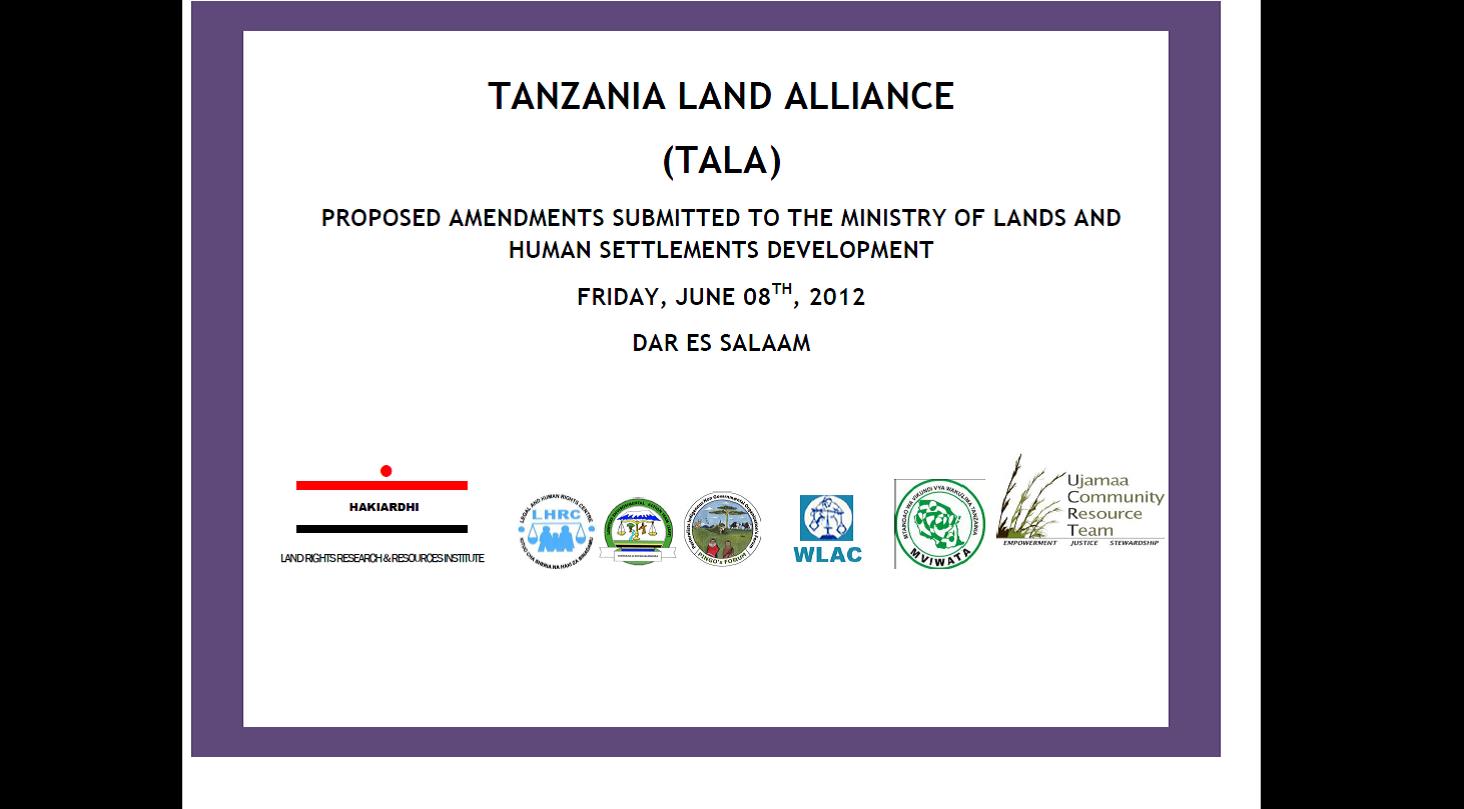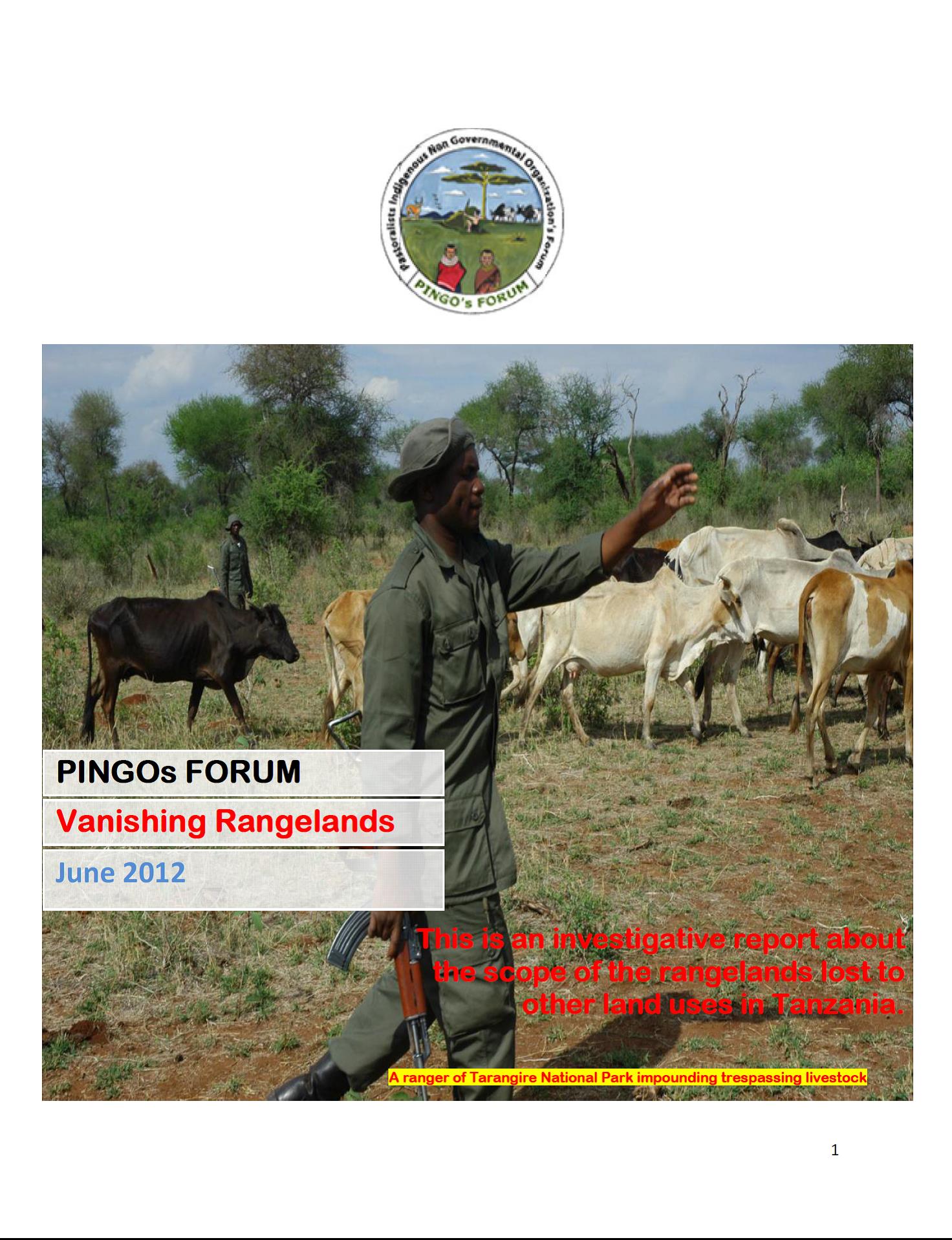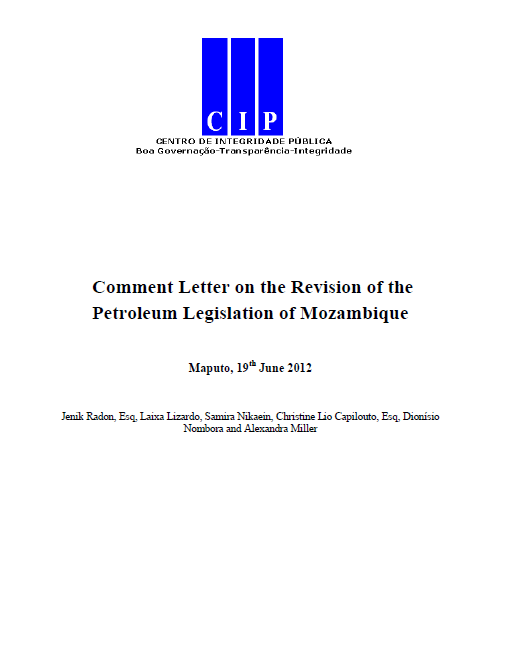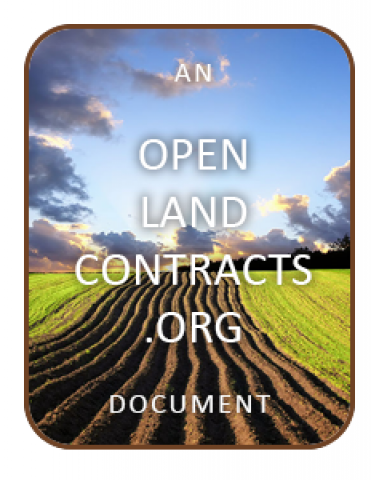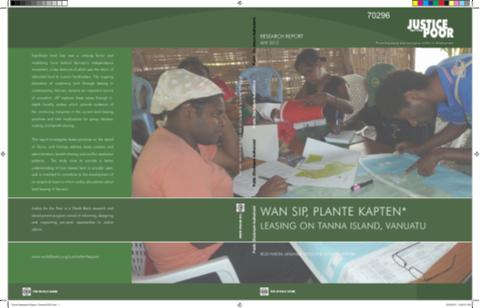Does Rising Landlessness Signal Success or Failure for Vietnam’s Agrarian Transition?
In the wake of reforms to establish a free market in land-use rights, Vietnam is experiencing a pronounced rise in rural landlessness. To some observers this is a harmless by-product of a more efficient economy, while to others it signals the return of the pre-socialist class-structure, with the rural landless at the bottom of the economic ladder. The authors' theoretical model suggests that removing restrictions on land markets will increase landlessness among the poor, but that there will be both gainers and losers, with uncertain impacts on aggregate poverty.


